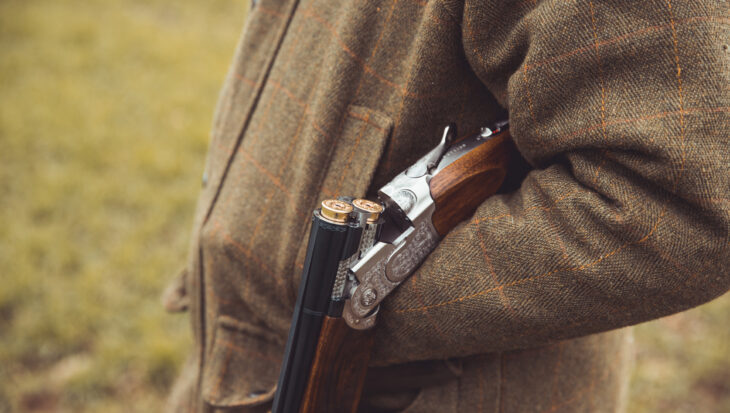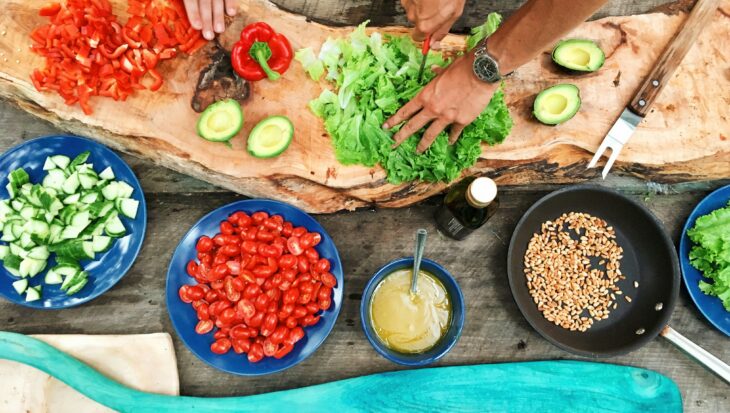Ban on the use of lead shot – finally!
Posted 10 Jul 2025

Posted on the 29th September 2006
The chase after vast financial rewards by the global horse racing industry's dominant forces has led to over-production of a swift but physically weak Thoroughbred, according to a major new report, 'Bred To Death', published on 28 September by Animal Aid.
Many of the ‘defective’ newborns end up slaughtered for meat, while a significant proportion of those who do enter racing suffer a high level of fatal injuries and stress-related illnesses.
Two breeding operations now dominate the global horse racing industry – Darley and Coolmore. Between them they own more than 100 breeding stallions and produce about 10% of all Thoroughbreds in world racing. Their share of the closely-linked British and Irish racing scenes is even more worrying. Their stallions are mated with nearly half of the entire mare population in those countries.
Darley and Coolmore breed heavily from stallions descended from the 1960s North American flat racing champion runner, Northern Dancer. The Northern Dancer ‘brand’, reports Bred To Death, is today very saleable but the obsessive focus on this bloodline is leading to a dangerous level of inbreeding with all the attendant inherited weaknesses in the offspring.
More problems come from the fact that Northern Dancer’s descendants – like their ancestor – are best suited to running mile and a quarter races. Yet they are often required to race at far longer distances as well as over jumps.
While the public imagines that the riches racing has to offer come from prize money, more significant are the stud fees charged by owners of leading stallions and the profits to be extracted from speculative trading in Thoroughbreds through ‘bloodstock’ sales.
It is these dreams of wealth and glory, says Bred To Death, that drive the continued reckless over-production of horses.
Says Animal Aid Director, Andrew Tyler:
“Racing’s regulatory authorities’ failure even to acknowledge the deep-rooted problems that confront racing makes them complicit in a process of systematic horse exploitation, injury and destruction.”
Posted 10 Jul 2025

Temperatures are rising and it’s time to get outdoors, enjoy the weather and tuck into some delicious vegan food! Thanks to an abundance of plant-based options now available, there’s an alfresco option for every tastebud...
Posted 09 Jul 2025
